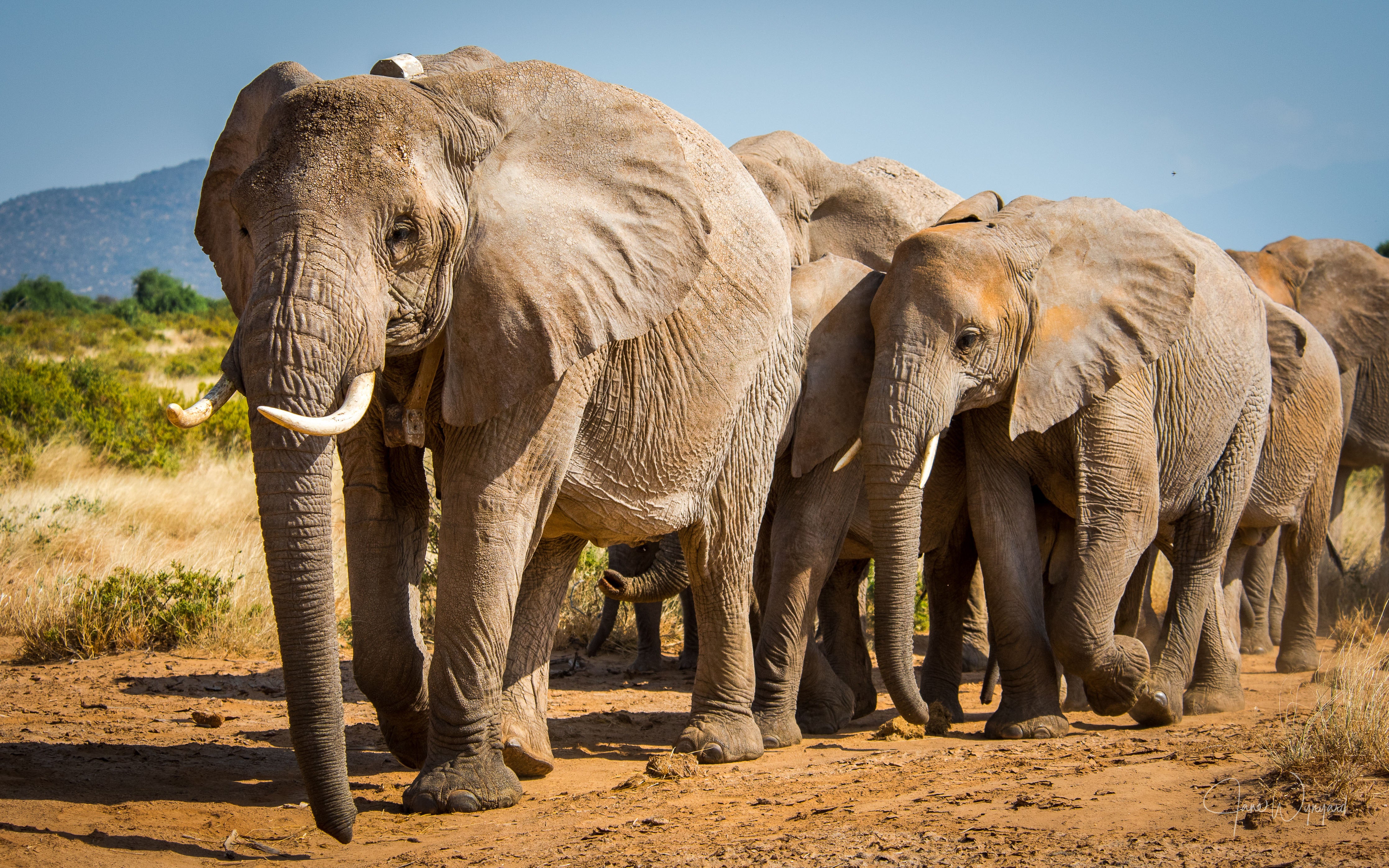UK ban on trade of ivory takes effect in ‘conservation victory’ for elephants
The demand for ivory is known to contribute to poaching, driving a decline in populations.

A near total UK ban on the trade of ivory has come into effect in an “important conservation victory” for the world’s elephants.
The import, export and dealing of elephant ivory items of all ages – not only those produced after a certain date – is now illegal, unless they have been registered or have an exemption certificate.
Elephants are commonly targeted for their tusks and the demand for ivory is known to contribute to poaching, driving a decline in populations.
Ivory trading in the UK has now rightly been consigned to the history books and everyone who has played a part in this important conservation victory should be proud
The number of elephants free in the wild has declined by almost a third, with the savanna elephant population plummeting by around 30% – equal to 144,000 elephants – across 15 African countries between 2007 and 2014.
It is estimated that around 20,000 elephants are also still being slaughtered annually because of the global demand for ivory.
The Department for Environment, Food and Rural Affairs (Defra) said the ban would ensure vital protection for the world’s elephants by putting a stop to the UK trade in ivory and that it placed the UK “at the forefront of global conservation efforts”.
Those found guilty of breaching the ban will face penalties including an unlimited fine or up to five years in jail.
Animal welfare minister Lord Goldsmith said: “The world-leading Ivory Act coming into force represents a landmark moment in securing the survival of elephants across the globe for future generations.
“Thousands of elephants are unnecessarily and cruelly targeted for their ivory every year for financial gain. As one of the toughest bans of its kind, we are sending a clear message that the commercial trade of elephant ivory is totally unacceptable.”
An investigation by animal charity Born Free, released to coincide with the ban, found 1,832 overt and covert listings containing ivory in the UK in one month alone, with an estimated value of £1.1 million pounds.
Approximately 85% of the listings openly described ivory products but 95% of those that sought to sell ivory disguised or described as something else – usually “bone” – appeared on eBay’s UK platform, which already prohibits the selling of ivory.
Today is a good day for elephants. With as many as 20,000 elephants a year poached for ivory, this ban could not have come a moment too soon
Born Free’s head of policy, Dr Mark Jones, said: “Born Free has long campaigned for an end to all trade in ivory, so we are pleased to finally welcome the UK’s Ivory Act.
“Its implementation must now be sufficiently robust to ensure only items that genuinely meet the exemption criteria can be traded in future, and that any transgressions are dealt with promptly and severely.”
International Fund for Animal Welfare (IFAW) UK director James Sawyer said: “Today is a good day for elephants. With as many as 20,000 elephants a year poached for ivory, this ban could not have come a moment too soon.
“Legal ivory markets have long provided a smokescreen for illegal trade, putting endangered elephants in further jeopardy. Ivory trading in the UK has now rightly been consigned to the history books and everyone who has played a part in this important conservation victory should be proud.”
An eBay spokesman said: “eBay is a founding member of the Coalition to End Wildlife Trafficking Online. We have been working to tackle the illegal trade in elephant ivory for many years, and work alongside WWF and IFAW to continually update our measures.
“We have global teams dedicated to upholding standards on our marketplace, and over a recent two-year period we blocked or removed over 265,000 listings prohibited under our animal products policy.”
The Government launched the digital ivory service earlier this year, allowing those who own ivory to register or apply for an exemption certificate.
People will need to register or certify items only for the purposes of dealing in exempt items containing ivory. Those who own but are not planning to sell their ivory items do not need to register or certify them.
The Government is also considering extending the Ivory Act to other ivory-bearing species and will publish the response to its consultation later this year.
Bookmark popover
Removed from bookmarks